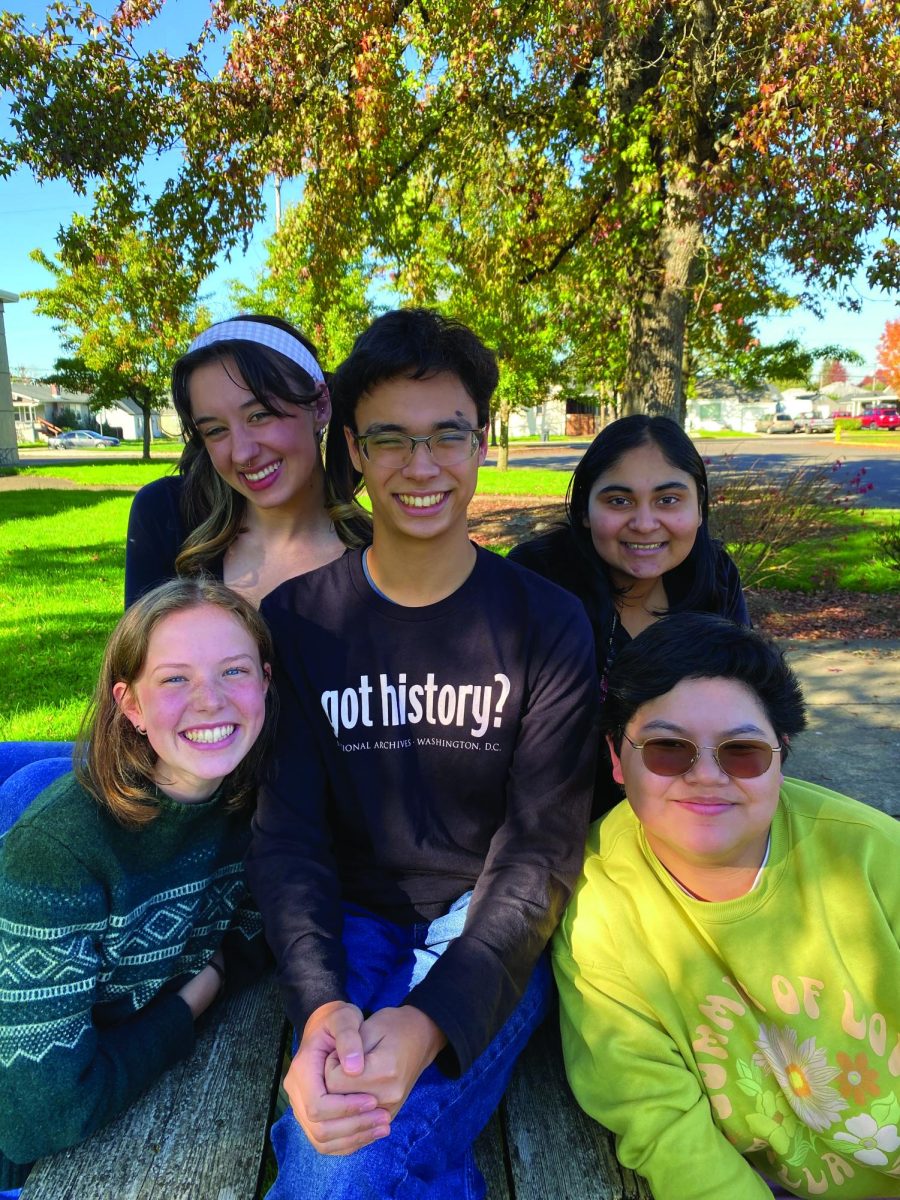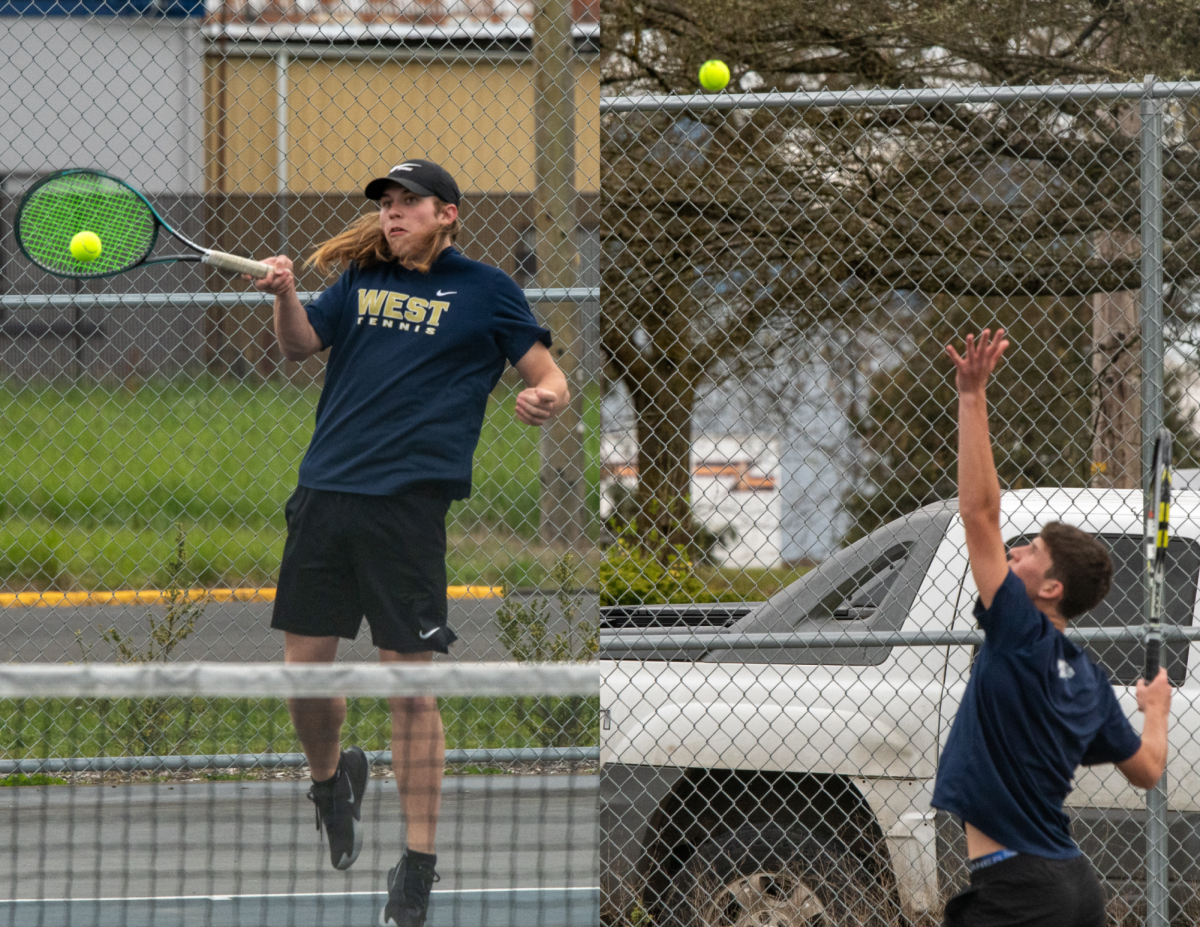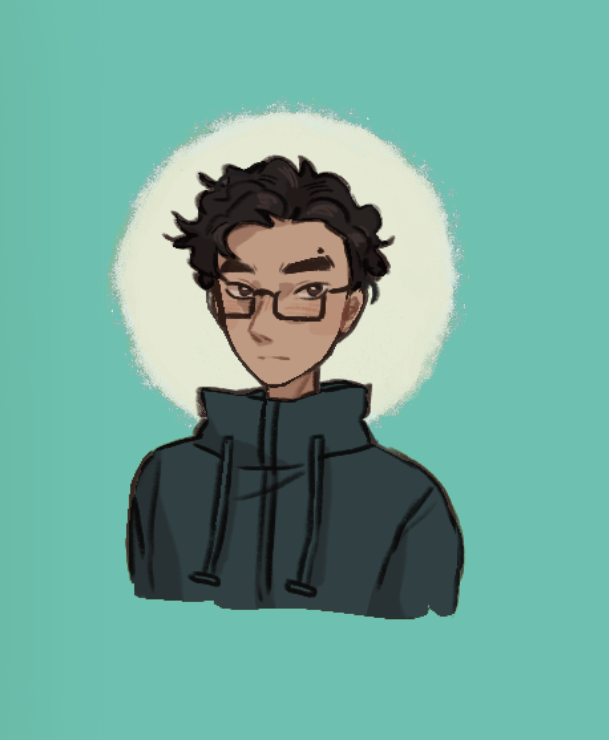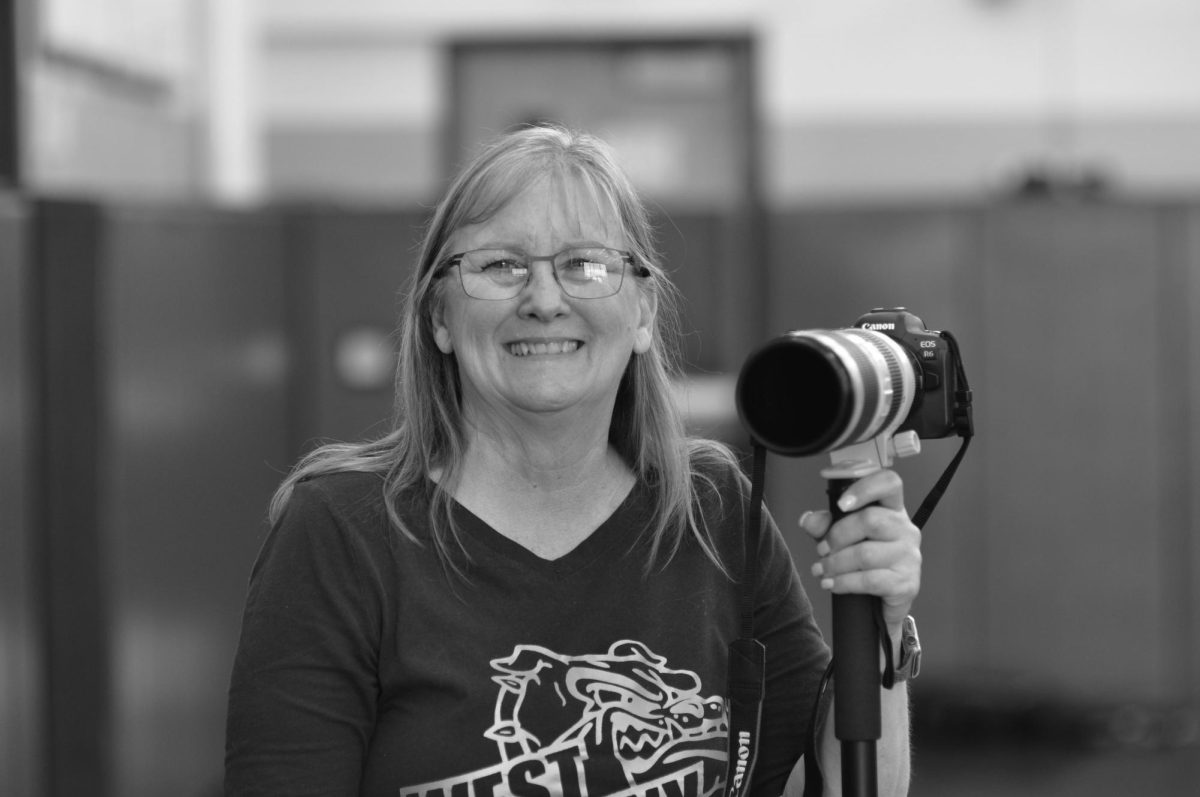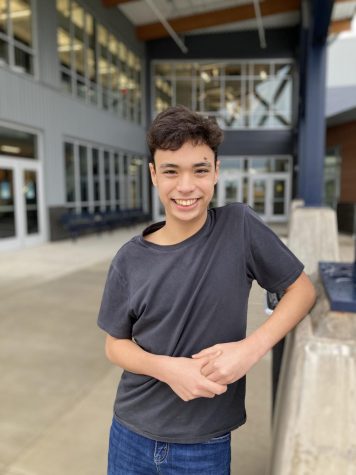They won’t be looking at a student’s BeReal or Instagram Story, they won’t even be found on the student’s followers list, however, they will be curious to learn more about the student.
They’re college admissions officers, and the only story they have of a student is the one told by their college application. However, with the rise in artificial intelligence, programs such as ChatGPT, released in Nov. 2022, are furthering the debate on the use of artificial intelligence, including the college essay, as reported on by the New York Times in Sept. 2023.
At the end of second semester, juniors in English teacher Jodi Howell’s AP Composition class will find themselves writing an essay for the Common App: a wide encompassing college application. This process, Howell says, includes learning how to write anecdotes, as well as activities that are designed to help students discover themselves. This experience is something that Howell says former students have thanked her for.
“I think the storytelling elements and having to think about who they are is something that I hear a lot of students come back later saying, I’m glad we did that,” she said.
During the second semester, students will gain access to ChatGPT as teachers, including Howell, have advocated for the ability to teach with it and demonstrate its ability to be used as a tool. That being said, she doesn’t believe that ChatGPT will be able to replace aspects of learning how to write.
“I remember, it was a little bit before my time, but I can kind of remember my teachers freaking out about calculators,” she said. “If what we’re doing is trying to teach students that two plus two is four, then A.I. can replace us. If we’re trying to teach students how to write content that is reflective of themselves … A.I. can’t replace that.”
Former AP Composition student, senior Bella Braaten, has had exposure to the admissions process both through editing essays, as well as writing her own. For her, she sees a tendency for people to write in direct response to the question being posed, therefore, lacking depth to the story; however, Braaten does feel AP Composition helps students with this.
“It teaches students to write a lot more freely,” she said. “And so in terms of writing a creative essay for your personal essay for colleges, you want it to be that kind of dual application of creativity and academics. So I think it was really helpful in that.”
When it comes to her own essay that she used on the Common App, she chose her “This I Believe” essay that she wrote in Howell’s AP Composition class: an essay assigned at the end of first semester. This essay, she viewed, was reflective of her belief in the need for compassion, and that writing in general is a way of expressing herself; therefore, she doesn’t see herself using ChatGPT.
Furthermore, Braaten sees writing an admissions essay that makes a student stand out as difficult, and that ChatGPT further adds to the questioning of a student’s application – something that English teacher Blain Willard sees as well.
“And so, if you keep the essay, then it means that beyond people’s general stats that they can’t fact check from transcripts, college admissions officials are going to be questioning personal experiences of students and their impacts,” Braaten said.
Both Howell and Willard see a possible shift in the admissions process to including an interview, however, is seen as possibly challenging to implement by Willard.
“You can’t cheat an interview,” he said. “But you also can’t sit down and interview 60,000 applicants to, you know, OSU every year.”
Braaten also feels that the essay could go away in the future. As reporters, we asked ChatGPT to write an essay based on our own lives, and when presented with the essay written by ChatGPT, both Braaten and Howell said it wasn’t totally obvious it was written by a chatbot, however, they both saw it as incoherent.
“And I think it goes about writing it in a very point-based way to where each paragraph has a very specific idea,” Braaten said, “and the next paragraph doesn’t really relate to the past one.”
Braaten believes that the ability to continually provide ChatGPT with personalized information will lead to essays that go deeper than the surface level work produced in the essay we provided her.
“There’s a lot of minute details that I added to my college essays that it [the chatbot] can’t write,” she said referring to her own college essay. “Unless you tell it to make the comparison of a shoe to a father’s hand, it can’t make it. So it’s limited in its expression.”
Besides the depth of storytelling, Willard and Braaten found it curious in what the chatbot decided to use when provided with personal information.
“Obviously, AP classes are like a big part of people,” Braaten said,” but I would say that choosing to exclude that [outside activities] makes them stand out less because a lot of people who especially are applying to colleges have taken AP classes. So there’s a level that’s already expected.”
When it comes to the language and vocabulary used by the chatbot, Willard didn’t feel it varied much from a human writer. “I mean it’s pretty similar, but it just has the feel of an average writer who relied heavily on a thesaurus,” he said. “So it just doesn’t have an authenticity to it.”
Willard says that the ability for a person to make up a story won’t change, and Howell feels that what generative A.I. is providing to students is only making current methods of getting by more attainable.
“Students could buy essays or they could share,” she said. “That has not necessarily changed. But A.I. has made it even easier because it’s free and getting better and better.”

